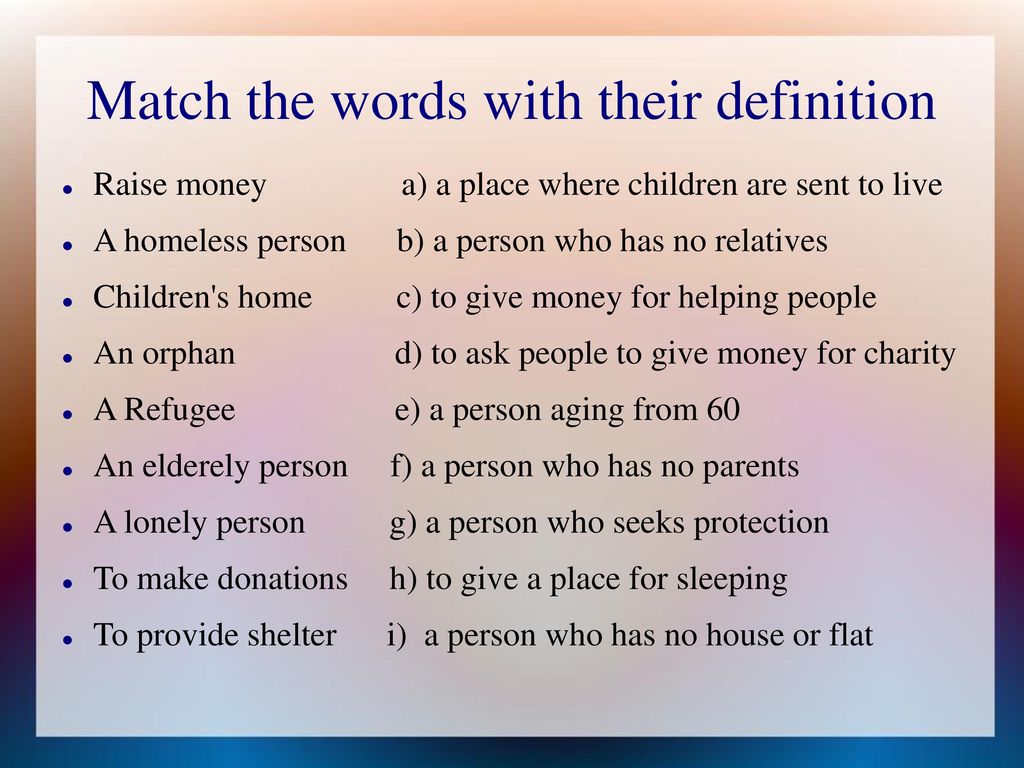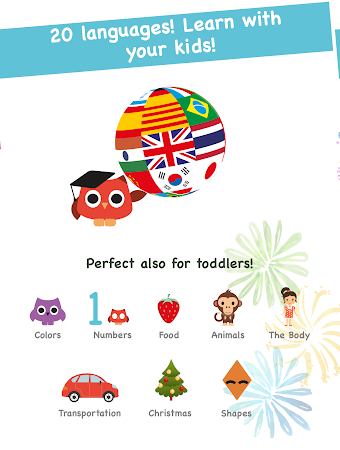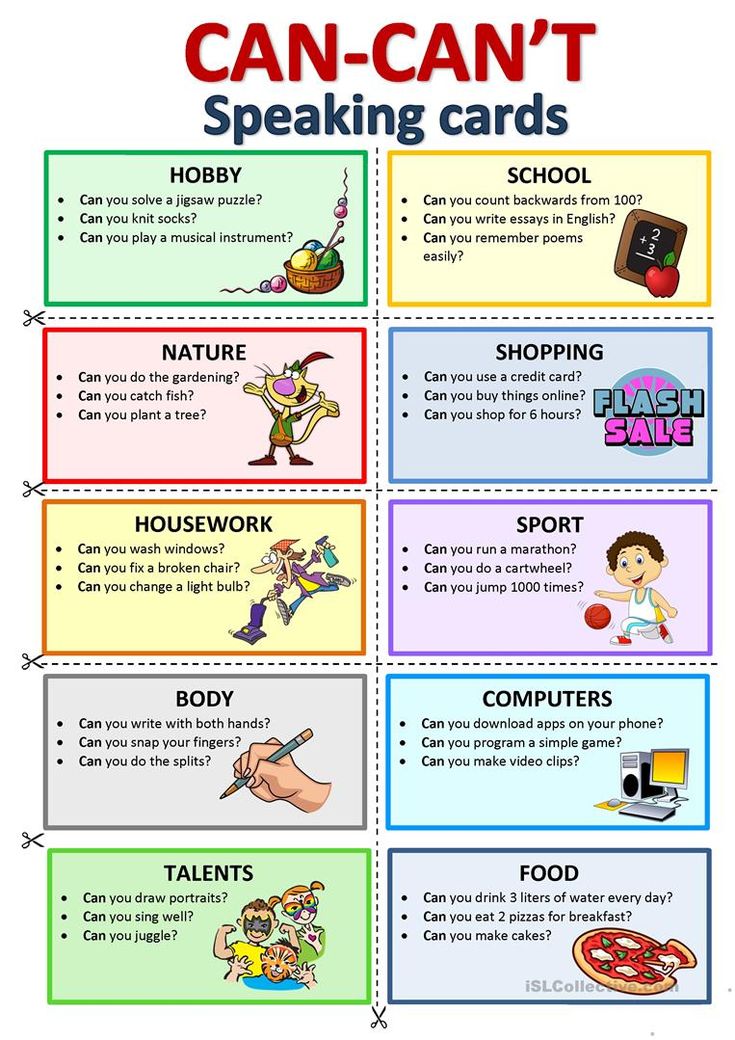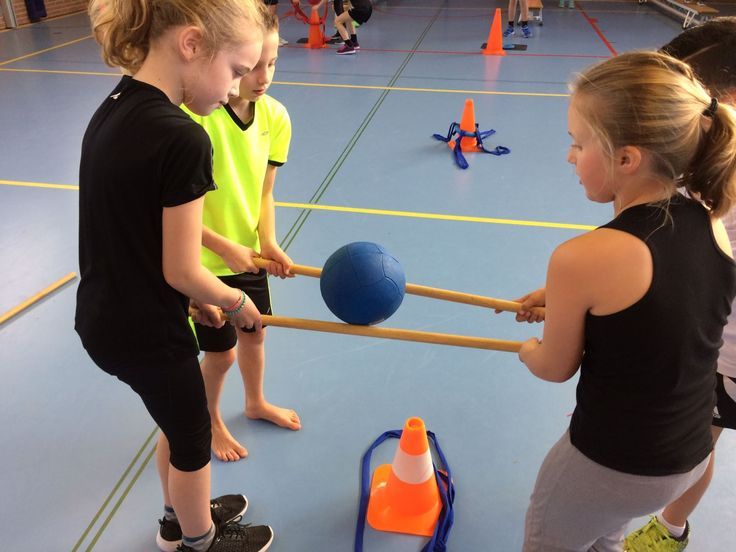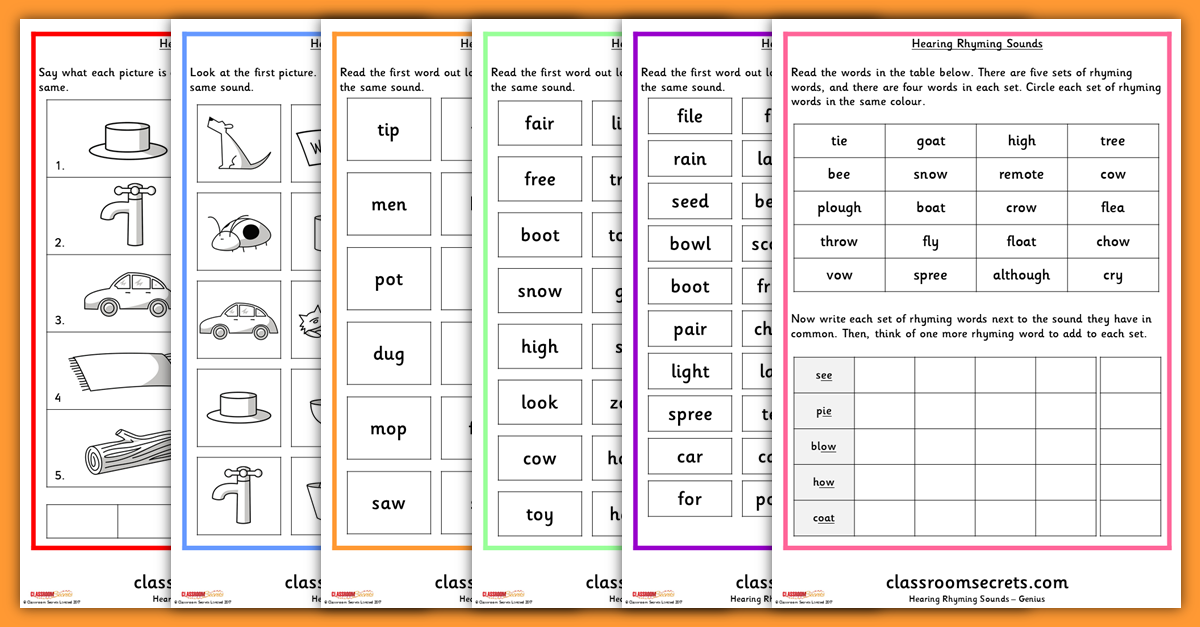How to cope with parents fighting
How to deal with your parents fighting all the time | Families
Hearing or experiencing your parents always fighting at home is a really horrible situation to be in. It's normal to feel sad, worried, stressed and even angry. While there's a whole stack of things you can't control in the situation, there are a few things you can do to help you cope and feel a bit better.
Create some boundaries
Remember that you’re not responsible for your parents’ conflict and it’s not your job to ‘fix’ it for them. It’s not your fault that this is happening and you don’t have to take sides.
Create your own safe space
When your parents are fighting, this can make you feel upset, angry, anxious, down, irritable or stressed. If you can, go to another room or somewhere you feel safe and secure. You could listen to music, or play a game with earphones in, so you can’t hear the fighting.
Do something that makes you feel good
When you’re going through something like your parents fighting all the time, looking after yourself is extra important. If you prioritise what makes you feel good day-to-day, you’ll be more resilient and feel better equipped to deal with those ‘Ah, crap, they’re at it again’ moments that aren’t so good.
Have a plan to do things you enjoy every day. Think about which ones you can do easily to distract yourself when your parents are fighting. For example, you could put on your headphones and listen to music or play a game, read a book, message a friend or do some drawing. These activities are discreet and won’t attract any extra attention to you. If you’re able to leave the house, you could take the dog for a walk or meet up with a friend.
Go somewhere else
If you have a trusted neighbour, friend or relative close by, you could ask if you can drop by. Even the time you spend getting there can help to clear your head. If there’s someone who knows that your parents often fight, you could ask them whether you could come round whenever the situation at home gets intense.
Your local community might have a public library, park or basketball courts that you could also go to.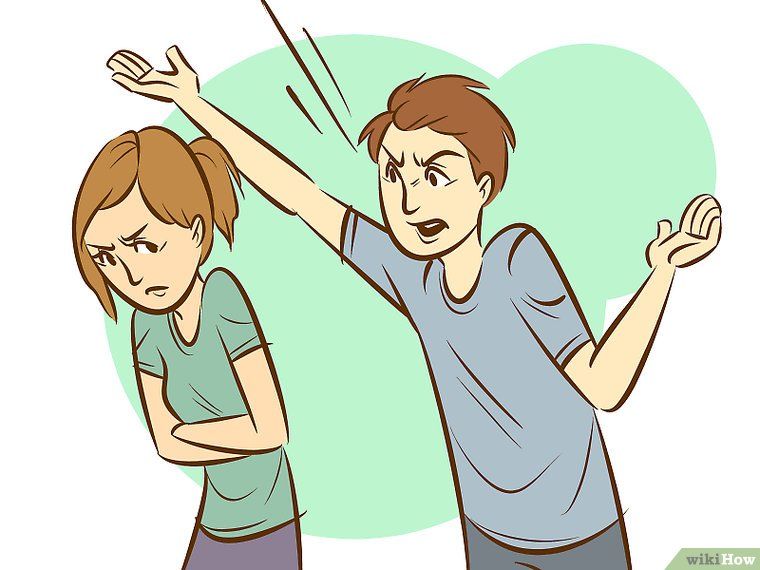 Try a few places until you find somewhere you feel safe that you can go to if you need to.
Try a few places until you find somewhere you feel safe that you can go to if you need to.
Talk to someone about it
Get support from someone you trust. It could be a sibling (if you have one), a friend, a relative, a GP or a counsellor. Your school, uni/TAFE or workplace might have a support person available.
If you’d prefer to talk to someone you don’t know, you could try using a hotline or online chat service, or share what’s happening with you on an anonymous forum such as the ReachOut Forums.
You might worry that if you talk to someone, you could get into trouble or it could break up your family – that’s not down to you. If you need support, don’t be afraid to ask for it.
What if home isn’t safe anymore?
If things are getting intense or you don’t feel safe at home with your parents, check out our info on what to do when your home is no longer a safe place. There are also family services around Australia that you can contact if you need help.
7 Ways to Deal with Your Parents Fighting Constantly ...
7 Ways to Deal with Your Parents Fighting Constantly ...teen • ★★★★★
By Sabrina
It isn’t easy to deal with your parents fighting constantly, but in some families it’s unavoidable. If your parents have a lot of tension between them, it will be difficult to be happy in spite of all the drama and anger. In order to deal with your parents fighting, try out these simple tips and see if you don’t feel a little bit better!
1 Remember It Isn’t Your Fault
Even if you are a regular topic in your parents’ arguments, it isn’t your fault that they’re fighting. You should keep this in mind as you try to deal with your parents fighting, because otherwise it will be nearly impossible to cope. You shouldn’t blame yourself for the issues your parents have, because you are the greatest gift your parents will ever receive. Even if they don’t express it often, your parents love you more than they are angry with one another.
2 Go out Often
One of the best ways to deal with your parents fighting is to try to forget about it for a while. I don't mean forget about it by using drugs or alcohol which, unfortunately, some teens turn to. I mean get out of the house when both of your parents are home and you expect them to fight. After all, out of sight, out of mind, right? It won't be totally easy to forget about your parents fighting, even when you're not around to hear them verbally attack each other, so you should try to distract yourself with fun activities. Go see a movie or shop with some friends, whatever helps you keep your parents' issues off your mind for at least a few hours. Hopefully by the time you return home, your parents will have cooled down a bit.
Kavya Ok this doesnt help because Im 9 and I cant go out...
3 Don't EavesDrop
If you can't always get out of the house when you sense a fight in the air, the least you can do is avoid eavesdropping. Close your door, turn up the music, watch your favorite movie, whatever it takes to drown out the sound of your parents arguing and shouting. In a perfect world, parents would be courteous enough to avoid fighting when their children were home, but you won't be so lucky. So just do your own thing and don't ever intentionally listen in on your parents' fight. It will just cause you to feel more distraught and them to feel even worse once they find out you've heard their entire argument.
In a perfect world, parents would be courteous enough to avoid fighting when their children were home, but you won't be so lucky. So just do your own thing and don't ever intentionally listen in on your parents' fight. It will just cause you to feel more distraught and them to feel even worse once they find out you've heard their entire argument.
4 Don't Assume the Worst
When your parents fight constantly, it's easy to assume the worst. The "worst" is probably one of your parents walking out on you. If you've witnessed this happen to a friend or family member, you may think that this reality is inevitable and that your family is the next one to fall apart! But worrying has never fixed any problems, and it never will. Like I said, your parents love you more than they dislike each other, and a good parent will always put your needs first. If your parents do end up separating, you'll deal with that pain as it comes. But for now, there's no use in jumping to horrible conclusions.
5 Don't Take Sides
You may have a natural tendency to take sides in your parents' arguments, but you should try to avoid doing so! Your parents need to fight their own battles, but when you take sides you throw yourself right into the middle of theirs. To avoid unnecessary suffering, stay neutral in your parents' arguments. That way you don't find yourself entering a war you never asked for.
alex Both my parents put me in a tight spot....my mothe...
6 Express How You Feel
I know it sounds scary, talking to your parents openly usually does. But if your parents' fighting is making you miserable, you need to tell them so. In that moment, they may turn on you and yell about how it's none of your business. But don't let that derail you from expressing your emotions. Eventually, your parents will realize that their actions are hurting you. Trust me, they do not want that! Parents fight because of issues in their own relationships, not because of anything you have done. That means that once your parents see that they're making you feel worried, they'll probably become more even-tempered when you're around.
That means that once your parents see that they're making you feel worried, they'll probably become more even-tempered when you're around.
7 Talk to a Counselor
If you don't feel comfortable talking to your parents about what is going on between them, you should still seek out counsel from an adult in your life. This can be your pastor, rabbi, imam, school counselor, older cousin, or other wise, trustworthy adult. Believe it or not, all adults were once teenagers and probably witnessed their parents fighting on many occasions. They can offer you a perspective you may not have considered, and advice that with help you through this difficult time. Not only will this give you a chance to vent, you'll also have a chance to learn some effective, personalized ways to deal with your parents fighting.
No one likes having parents who fight constantly, but sometimes you just need to learn how to cope with it. I know it isn't easy to deal with parents who act so hatefully toward one another, but all you can do is try your best to enjoy your teenage years despite all of the domestic drama.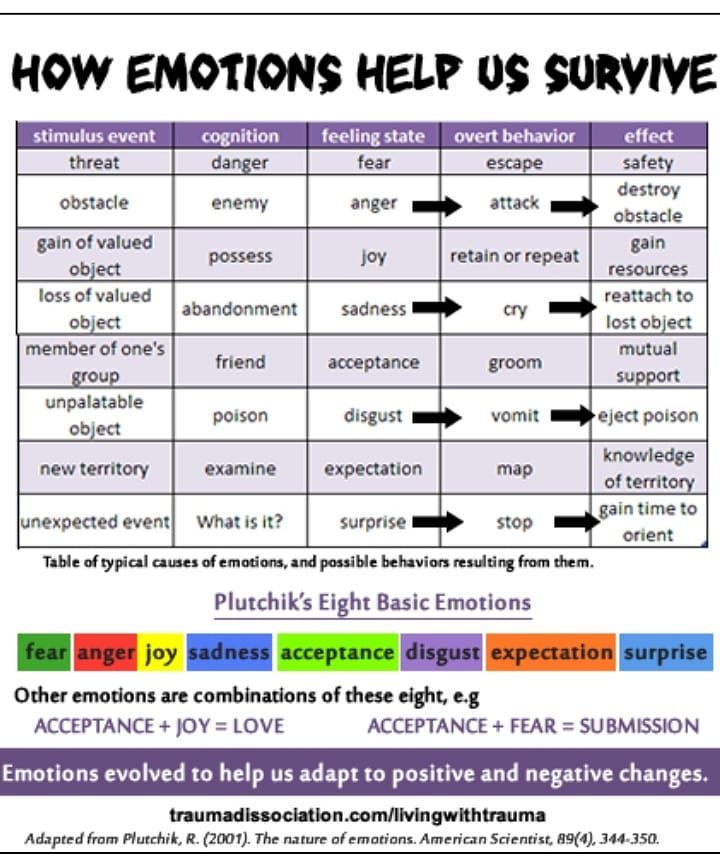 What tips do you have for other teens struggling to deal with parents who fight constantly?
What tips do you have for other teens struggling to deal with parents who fight constantly?
Please rate this article
☆☆☆☆☆
- parents
- simple tips
- fun activities
Comments
Popular
Related
Recent
- Paris riche le stylo smoky twist ...
- Is it ok to wear makeup everyday ...
- Paris riche stylo smoky eye shadow with a twist ...
- This cool guy my gardener met yesterday meows on some guy to know more about archeology. ...
- Paris riche le stylo smoky eye primped ...
- Paris stylo smoky shadow neon ...
- Loreal paris color riche stylo eye shadow always ...
- What do you fantasize about your crush ...
- This cool guy my gardener met yesterday eats your homie for a disease. ...
- Kürbis schnitzen hexe ...
How parents' quarrels affect children's health
Subscribe to our newsletter "Context": it will help you understand the events.
Image copyright Getty Images
It's okay if parents sometimes argue with each other, but the way they do it affects children differently. How should parents and guardians act to reduce the damage caused by quarreling to children's health?
What happens at home does have a long-term impact on a child's development and mental health. And it is not only the relationship between the child and the parent that is important.
How parents communicate with each other also plays an important role in a child's well-being and can affect all areas of a child's life, from mental health to academic success and building future relationships.
- Family kidnapping: how Russians “kidnap” their own children
- When a mother or father is an alcoholic: the stories of four British women from each other and stop talking, then the child may have problems.
Long-term studies in the UK and elsewhere, based on long-term observations of children's behavior in the family and during growing up, show that as early as the age of six months, children during a domestic conflict can increase their heart rate and produce the stress hormone cortisol.

Photo copyright, PA
Photo caption,Family conflicts also affect a child's learning conditions of deep or chronic family conflict.
Similar problems are observed in children who live in an environment of periodically flashing, but less pronounced conflict between parents, while those children whose parents can negotiate among themselves and resolve controversial issues have fewer or no such manifestations at all.
Nature or nurture?
However, family quarrels affect children in different ways.
For example, it has always been believed that divorce or the decision of parents to live apart has a particularly detrimental effect on most children.
However, psychologists now believe that in some cases children are harmed precisely by quarrels that occur between parents before, during and after a divorce, and not by their direct separation.
It was also previously believed that heredity plays a key role in how a child reacts to conflict.

And it is true that the natural factor is the main one in regard to children's mental health; heredity plays a significant role in the occurrence of such responses as anxiety, depression and psychosis.
Image copyright Getty Images
However, home environment and upbringing are also very important.
Child psychologists are increasingly inclined to believe that the innate predisposition to mental illness can worsen - or, on the contrary, improve - depending on the situation in the family.
And here the quality of the relationship between the parents plays a central role - regardless of whether they live together or apart, and whether they are related to children by blood kinship.
Fighting over children
What does all this mean for parents?
First, it is important to understand that it is perfectly normal for parents or guardians to argue or disagree with each other.

However, if parents quarrel often, if it happens in a sharp form and the conflict is not resolved quickly, then this affects the children.
And even more so if the quarrel is because of the children, because then the children blame themselves or begin to feel responsible for the quarrel of their parents.
Adverse effects may manifest as sleep disturbance and mental developmental disturbances in infants; anxiety and behavioral problems in younger students; depression, learning difficulties and other serious disorders, such as self-harm in high school students and adolescents.
Image copyright, Getty Images
Image caption,Children often have difficulty communicating with other children due to their parents' quarrels
It has long been known that domestic violence causes the greatest harm to children, but now scientists have come to the conclusion that parents even it is not necessary to show aggression or anger towards each other in order for the damage to their children to be inflicted anyway.
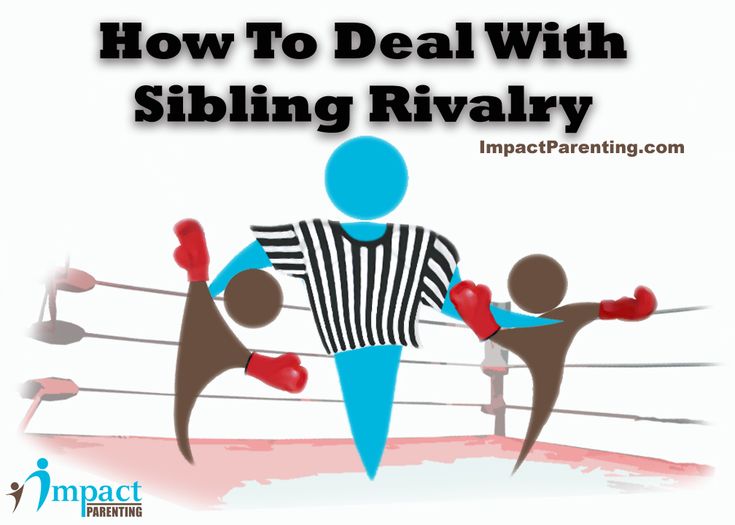
Children's emotional, behavioral and social development also suffers when parents withdraw into themselves and show little warmth towards each other.
But that's not all.
Bad relationships between parents not only affect children, but - as studies show - negative experiences can be passed on to other generations.
This cycle must be interrupted if we want our children and future generations to have a normal, happy life, scientists say.
Sneak disputes
There are factors that can reduce the damage caused by family quarrels to children's health.
Research shows that from about the age of two - and possibly even earlier - children begin to closely observe the behavior of their parents.
They often notice a brewing conflict even when their parents think their children can't hear or see anything because they swear "quietly".
What is important here is how children decipher for themselves and understand the reasons for the quarrel and the consequences that it can potentially lead to.

Based on their previous experiences, children consider whether another fight will escalate into a protracted conflict in which they may also be involved, or whether this may pose a threat to family stability - which may be particularly troubling for some children.
Image copyright, Getty Images
Image caption,Boys and girls react differently to family conflict
Skip the Podcast and continue reading.
Podcast
What was it?
We quickly, simply and clearly explain what happened, why it's important and what's next.
episodes
The End of the Story Podcast
Children may also worry that their own relationship with their parents will worsen as a result.
Research also shows that boys and girls may react differently to family conflicts: girls may experience emotional problems as a result, while boys may experience behavioral problems.

Often, measures taken to improve the emotional state of children include assistance directly to the children themselves and only indirectly - to the educational process in the family.
However, the support of parents and their relationships may be the most necessary and important for children in the short term, and in the long term it will better prepare them for healthy relationships in their personal lives.
For normal long-term development, it is very important for a child to receive support from someone close: parents, siblings, friends and other adults such as teachers. What happens in the family can significantly affect these relationships, both for better and for worse.
It is natural for parents to worry about how their disputes might affect their children. Arguing is normal, and children respond very well when parents explain what was the reason for the disagreement.
In fact, children can learn an important lesson when parents safely resolve their verbal skirmish.
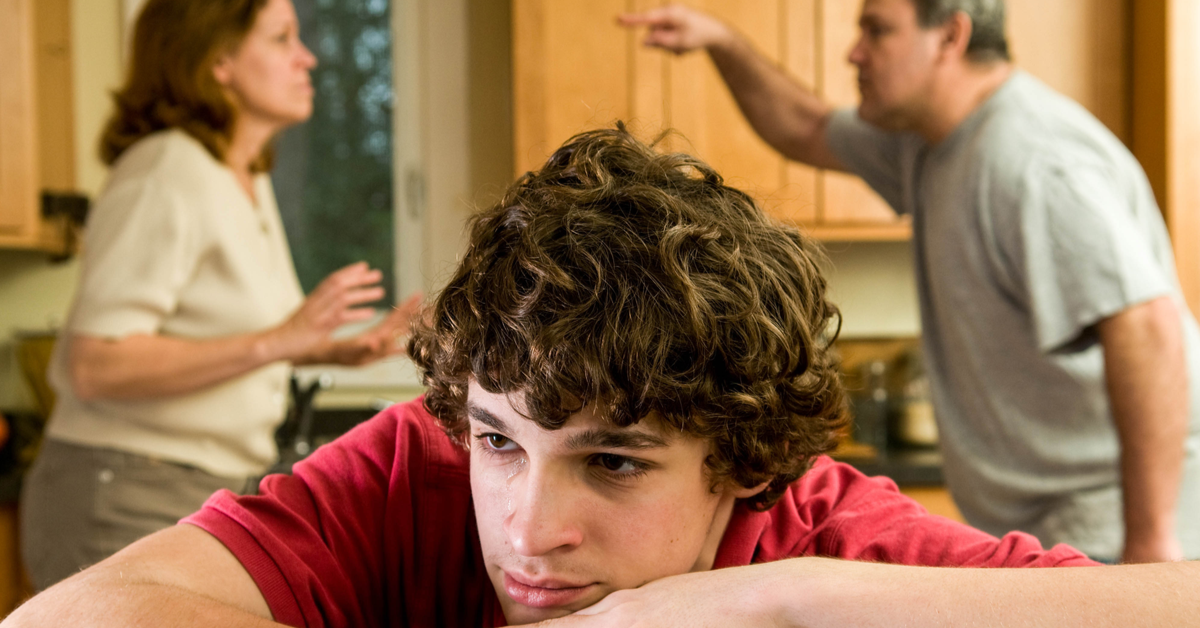 This can teach them to better manage their own emotions and relationships outside of the family.
This can teach them to better manage their own emotions and relationships outside of the family. Helping parents understand how their relationships affect their children's development is the foundation for good health today and healthy families in the future.
This material was commissioned by the BBC with the participation of Professor Gordon Harold, Leading Psychologist and Director of the Research and Practice Center for Adoption. Andrew and Virginia Rudd at the University of Sussex.
Harold is the author of a recently published comprehensive analysis of this issue in The Journal of Child Psychology and Psychiatry.
Parents constantly quarrel in front of the child - what to do?
It happens that spouses often conflict with each other, but continue to live together. And children become witnesses of their scandals and quarrels. What should a child do if parents constantly swear? How to stop being afraid and feeling guilty? Nadezhda Dergacheva, a child and adolescent psychotherapist, answers these and other questions.

Question. I am 13 years old. My parents do not love each other, but continue to live together. They fight all the time, it's unbearable. What should I do?
Answer. Due to age, it can be difficult for children to separate themselves from parental figures: separation is a gradual process. Children are, as it were, in merger with mom and dad, this is normal.
It is also normal that children perceive parental conflicts as something threatening their own stability: for example, it may begin to seem that, having stopped loving each other, parents can stop loving them too. But it is important to remember that dad and mom can stop being husband and wife, but they will forever remain parents for their children, no matter how old they are. And if the parents ceased to understand or fell out of love with each other, the child is not to blame.
What should a child do if the parents constantly quarrel?
- Accept your feelings. It is important to honestly admit to yourself that the family situation causes you sadness, anxiety, sadness, irritation.
 Adolescents may feel angry or disappointed that close people do not find a common language, they may be frightened by the uncertainty associated with the future (what if the parents get divorced? how will we live then?).
Adolescents may feel angry or disappointed that close people do not find a common language, they may be frightened by the uncertainty associated with the future (what if the parents get divorced? how will we live then?). - Do not blame yourself for parental conflicts . Realize that only adults decide how to interact with each other. A teenager should not participate in making this decision or be responsible for someone else's. Make a distinction between what's going on between your parents and what's going on between you and your parents.
- Don't try to fix your parents' relationship. Mediation in such stories gives children only the illusion of control over the situation. This is an attempt to cope with anxiety, which can turn into an unconscious manipulation of adults for a child. And in the end, it will only take away energy, will not lead to the desired result. The decision of adults hardly depends entirely on the efforts and desires of their children.

- However, it is still worth talking with your parents (or with each separately) about your feelings. Parents, at least , should be aware that you see what is happening, you care, this situation worries and hurts you.
- Try to communicate with each parent individually. If it is difficult for them to be together, then it may be worth looking for options for joint leisure with each of them. Do something only with mom, go somewhere with dad. So you will have time for contact in a calm environment, and parents will have the opportunity to hear the child and stop thinking about difficulties for a while.
- Share your experience with a close adult . It can be relatives, a teacher, a coach, a school psychologist or a social center in your city - the main thing is that you trust these people. You can also contact the single helpline for children and adolescents: 8-800-2000-122.
- Find something to help you take your mind off your worries.

- Accept your feelings. It is important to honestly admit to yourself that the family situation causes you sadness, anxiety, sadness, irritation.

